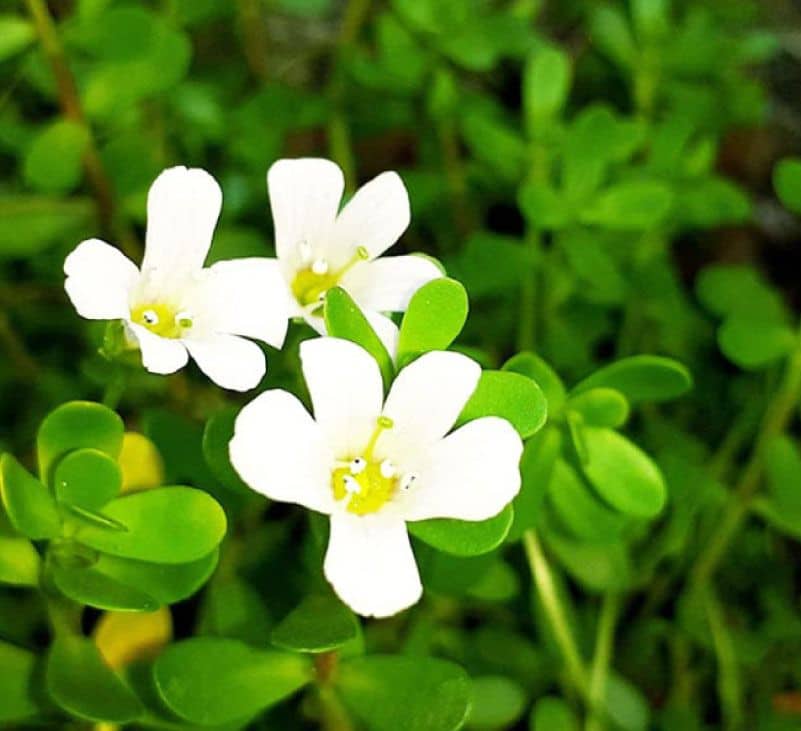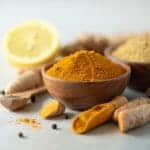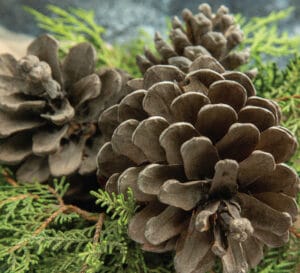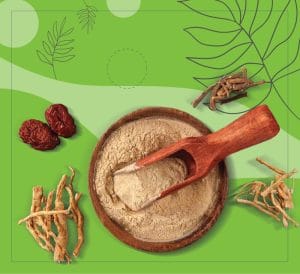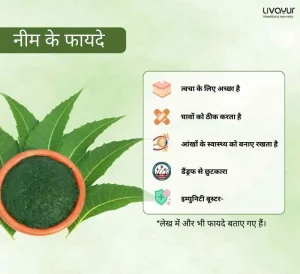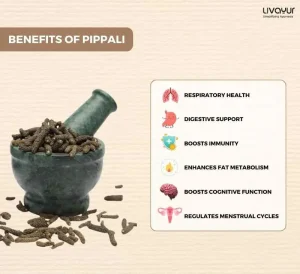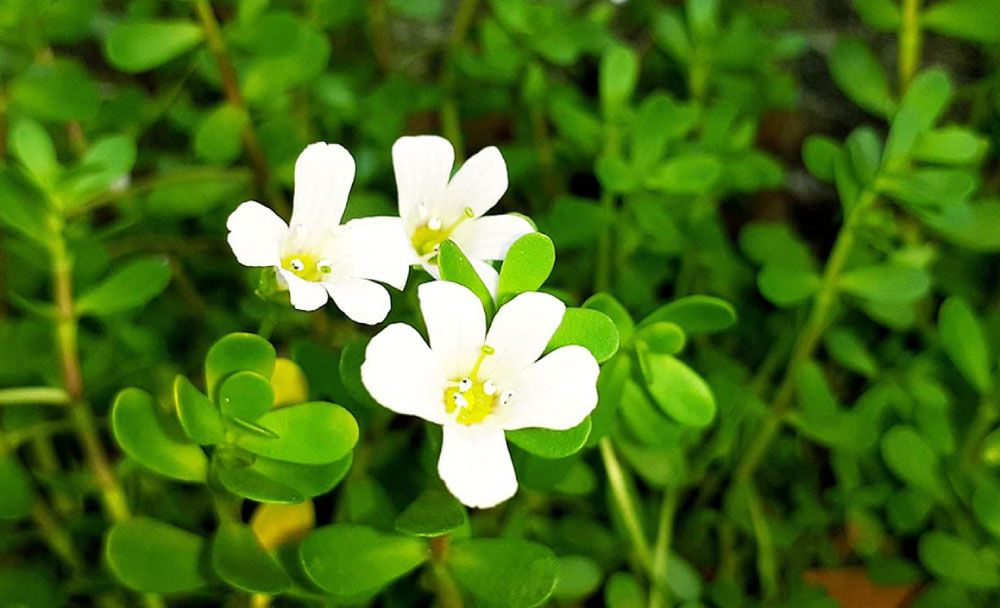
Bacopa Monnieri, also known as water hyssop or Brahmi, is a herb commonly used in traditional Ayurvedic medicine for its memory-enhancing, anti-inflammatory, analgesic, antipyretic, sedative, and anti-epileptic properties. [1][2] It is native to India, but also grows in other parts of the world, including Australia and North America. Bacopa is known for its ability to improve memory, reduce anxiety, and promote overall brain health. [2] In this article, we will explore the benefits, uses, side effects, and more of Bacopa.
What is Bacopa?
Bacopa is a perennial herb that grows in wet, marshy areas. It has small, oval-shaped leaves and white or blue flowers. Ayurvedic texts describe Brahmi as a medhya rasayana, which means it is a rejuvenating herb that enhances cognitive function and memory. [1][2]
Bacopa contains a number of active compounds in its chemical structure, including bacosides, flavonoids, and alkaloids. The most important of these are the bacosides, which have been found to have neuroprotective and cognitive-enhancing properties. [1][2]
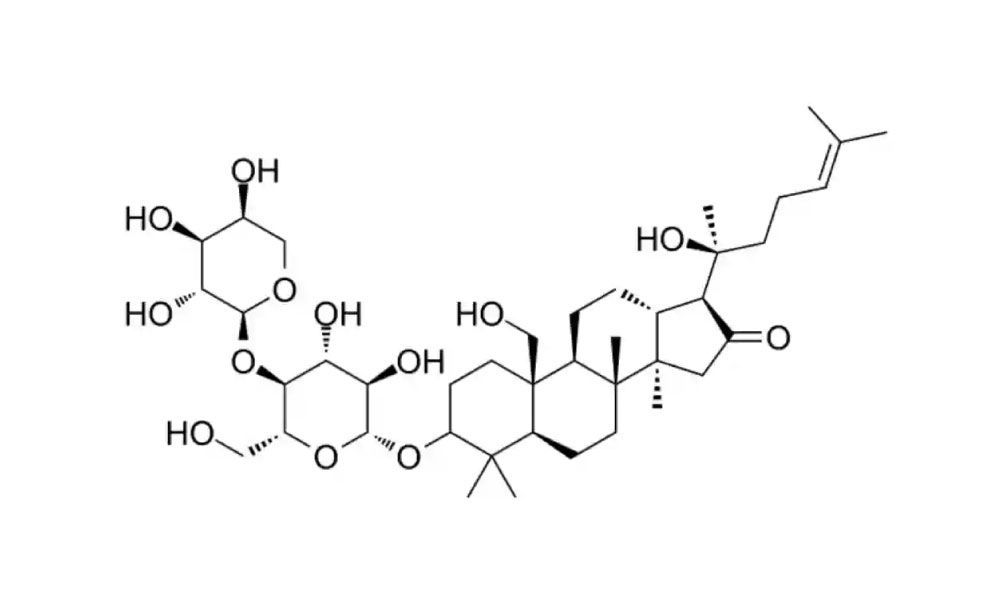
Benefits of Bacopa
Improved Memory
Primary Benefit: One of the most well-known benefits of Bacopa is its ability to improve memory. [2]
Secondary Benefit: Several studies have found that taking Bacopa supplements can improve cognitive function, including memory, attention, and information processing speed. [2]
A randomized, double-blind, placebo-controlled study found that Bacopa improved memory recall in healthy adults. Participants who took Bacopa for 12 weeks had significant improvements in memory recall compared to those who took a placebo. [2]
Reduced Anxiety
Primary Benefit: Brahmi possesses adaptogenic and anxiolytic properties that aid the body in adapting to and managing stress. It has been a traditional natural remedy for alleviating anxiety and stress. Scientific research has shown that Brahmi extracts can effectively decrease the amount of stress hormones in the body and enhance the body’s stress response. [3][4]
Secondary Benefit: Additionally, Brahmi is recognized for its ability to soothe the nervous system, which can aid in diminishing anxiety and promoting relaxation.[3][4]
Neuroprotective Properties
Primary Benefit: Bacopa has been found to have neuroprotective properties. [5]
Secondary Benefit: It can also protect the brain from damage caused by oxidative stress and inflammation. [5]
Anti-inflammatory Properties
Bacopa has anti-inflammatory properties, which means it can help reduce inflammation in the body. [6]
To know about the many more benefits of Bacopa or Brahmi, check out our article on 15 Super Amazing Health Benefits of Brahmi.
Uses of Bacopa
Cognitive Enhancement
Bacopa is most commonly used as a cognitive enhancer. It is believed to improve memory, attention, and other cognitive functions. Bacopa is often used by students and professionals who need to improve their cognitive performance. [2][6]
Anxiety
Bacopa is also used to reduce anxiety. It is believed to have anxiolytic properties, which means it can help reduce symptoms of anxiety. [2][6]
Epilepsy
Bacopa has been used in Ayurvedic medicine to treat epilepsy. While more research is needed to confirm its effectiveness, some studies have found that Bacopa may help reduce the frequency and severity of seizures in people with epilepsy. [2][6]
Asthma
Bacopa has been used in Ayurvedic medicine to treat asthma. While more research is needed to confirm its effectiveness, some studies have found that Bacopa may help reduce symptoms of asthma, such as wheezing and shortness of breath. [2][6]
Side Effects of Bacopa
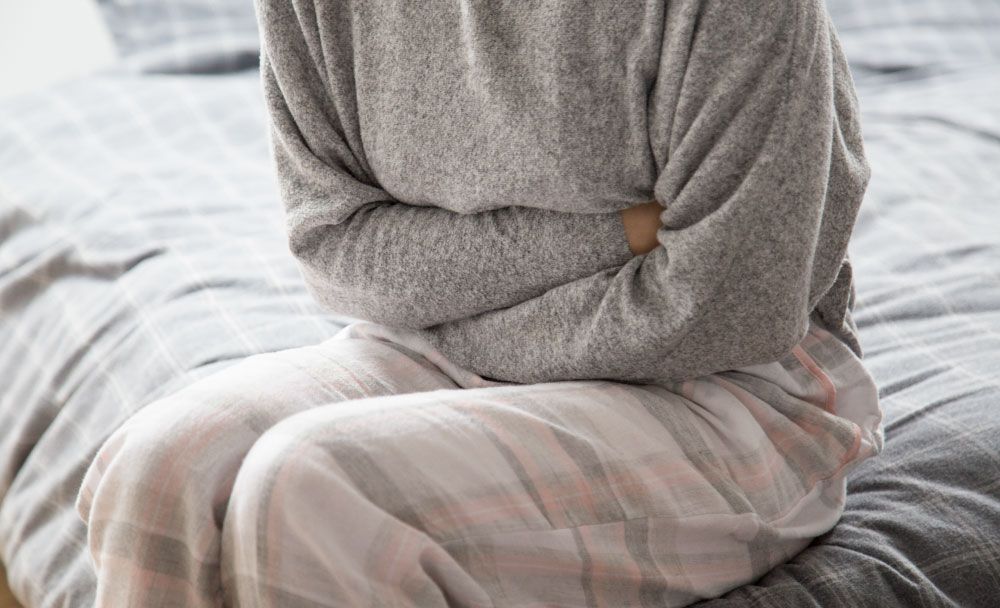
Bacopa is generally considered safe when taken as directed. However, some people may experience side effects, including: [2][6]
- Upset stomach
- Diarrhoea
- Nausea
- Dry mouth
- Fatigue
- Headache
- Increased bowel movements
It is important to note that Bacopa may interact with certain medications, including thyroid hormone replacement therapy and medications for Alzheimer’s disease. If you are taking any medications, it is important to speak with your healthcare provider before taking Bacopa to avoid any potential interactions.
Additionally, Bacopa may cause drowsiness in some people, so it is important to avoid driving or operating heavy machinery while taking this herb.
Dosage of Bacopa
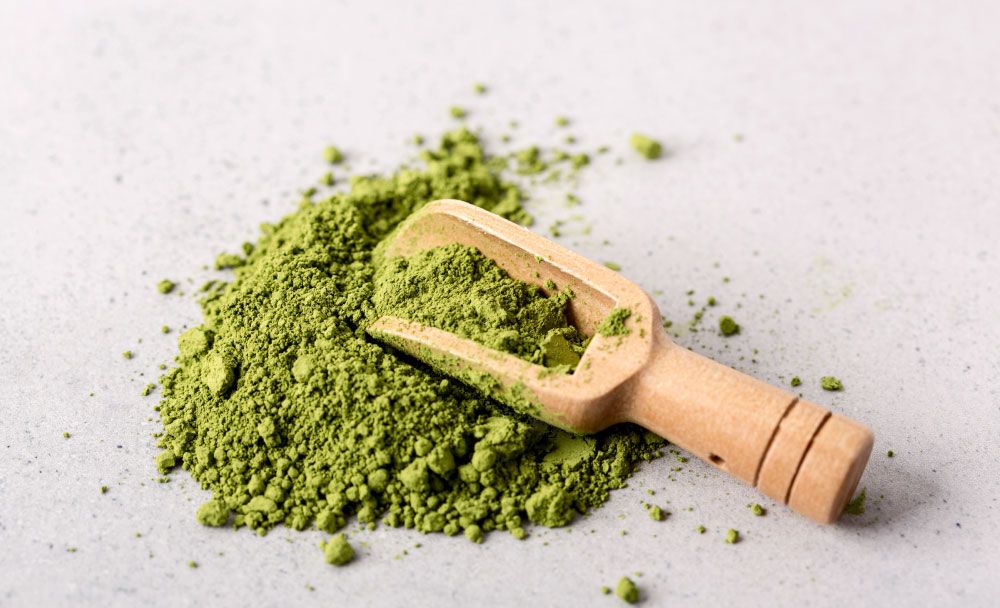
The dosage of Bacopa can vary depending on the form of the supplement and the reason for use. Generally, a daily dose of 300-600 mg of Bacopa extract standardized to contain 50% bacosides is recommended for cognitive enhancement and anxiety reduction. [2]
For epilepsy and asthma, a higher dosage of 600-1500 mg per day may be needed. However, it is important to consult with a healthcare provider before taking Bacopa for these conditions. [2]
Bacopa can be taken in various forms, including capsules, tablets, and liquid extracts. It is important to follow the manufacturer’s recommended dosage and instructions for use. [2]
Precautions
While Bacopa is generally considered safe, there are a few precautions to keep in mind. Pregnant and breastfeeding women should avoid Bacopa as there is not enough research to determine its safety for these populations. [2][6]
Additionally, individuals with thyroid disorders should use caution when taking Bacopa as it may interfere with thyroid hormone levels. [2][6]
FAQs
1. Is there scientific evidence to support the use of Bacopa?
Yes, scientific studies have shown that Bacopa can improve cognitive function, reduce stress and anxiety, and support overall brain health. However, more research is needed to fully understand its potential benefits.
2. Where can I find Bacopa?
Bacopa is available at health food stores, online retailers like www.zanducare.com, and from Ayurvedic practitioners. It is important to purchase high-quality Bacopa from a reputable source to ensure safety and efficacy.
3. Can Bacopa be taken with food?
Bacopa can be taken with food or on an empty stomach, depending on your personal preference. However, taking it with a meal may help reduce any potential digestive side effects.
4. How should Bacopa be stored?
Bacopa should be stored in a cool, dry place away from direct sunlight. It is important to follow the storage instructions provided by the manufacturer or Ayurvedic practitioner to ensure its potency and efficacy.
5. Is Bacopa addictive?
Bacopa is not addictive and does not have any known dependency or withdrawal effects.
Conclusion
Bacopa is an herb that has been used in Ayurvedic medicine for centuries. It has numerous health benefits, including enhancing cognitive function, reducing anxiety and stress levels, improving attention and focus, and reducing inflammation. Bacopa is generally safe when taken in recommended doses, but some individuals may experience side effects. It is important to consult with a healthcare provider before taking Bacopa, especially if you are pregnant, breastfeeding, or taking medication.
Disclaimer: This article is from a health and wellness perspective only and does not constitute medical advice. Kindly seek the help of a trained medical practitioner before initiating any treatment.
References:
- The chronic effects of an extract of Bacopa monniera (Brahmi) on cognitive function in healthy human subjects (researchgate.net)
- Bacopa Monniera, A reputed nootropic plant: An overview | Request PDF (researchgate.net)
- The acute effects of an extract ofBacopa monniera (Brahmi) on cognitive function in healthy normal subjects | Request PDF (researchgate.net)
- Anxiolytic activity of a standardized extract of Bacopa monniera: an experimental study
- Critical-review-on-pharmacological-properties-of-Brahmi.pdf (researchgate.net)
- Brahmi – “The Herb Of Enlightenment”




